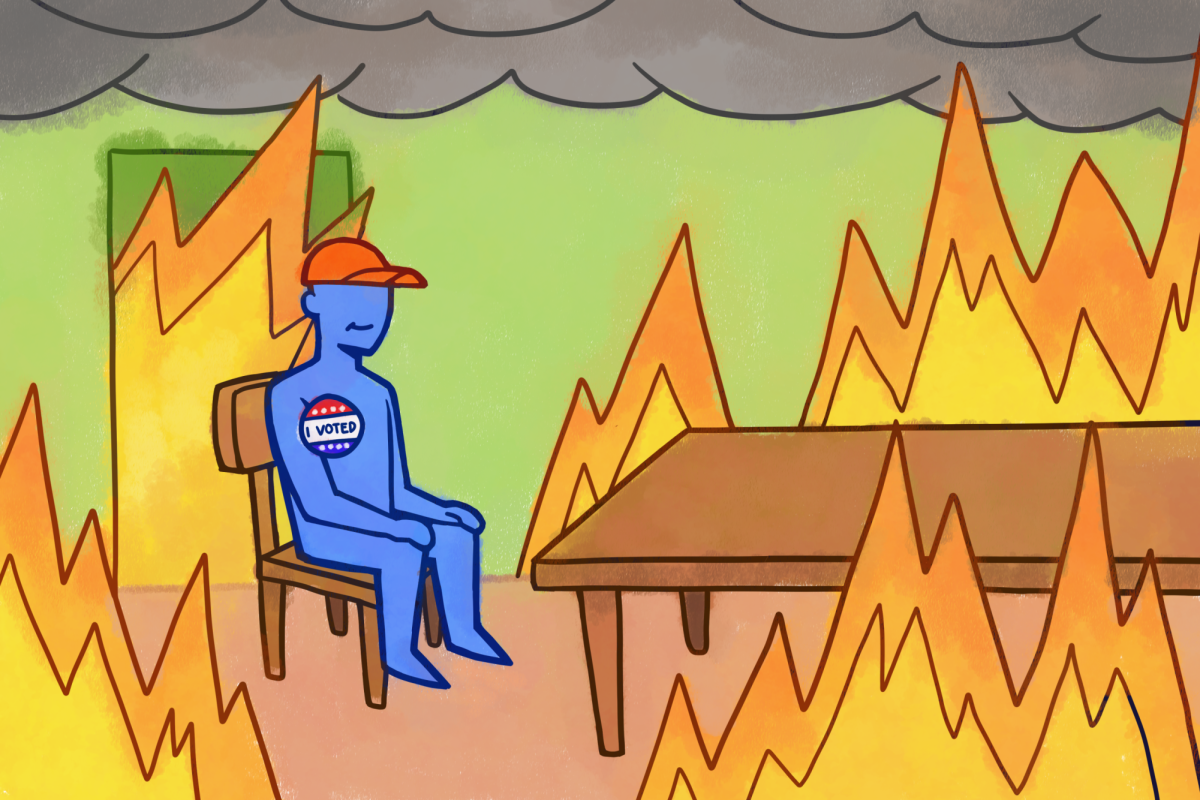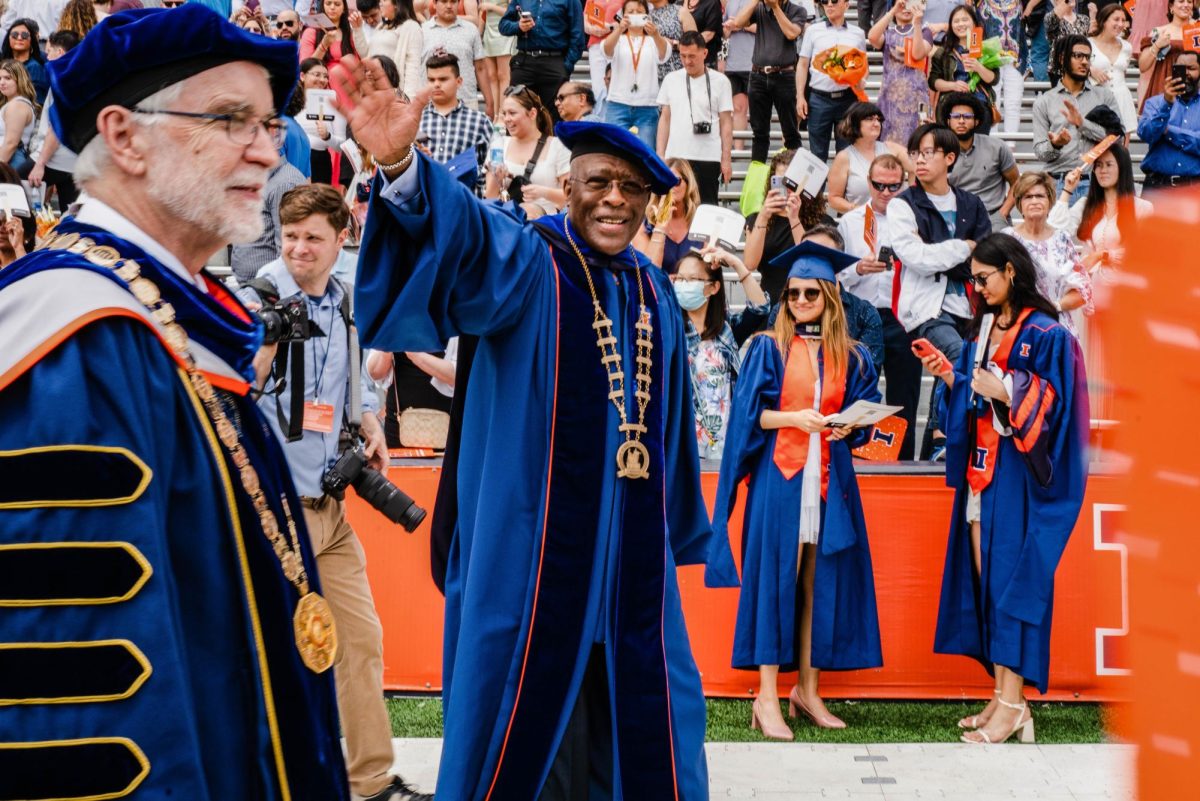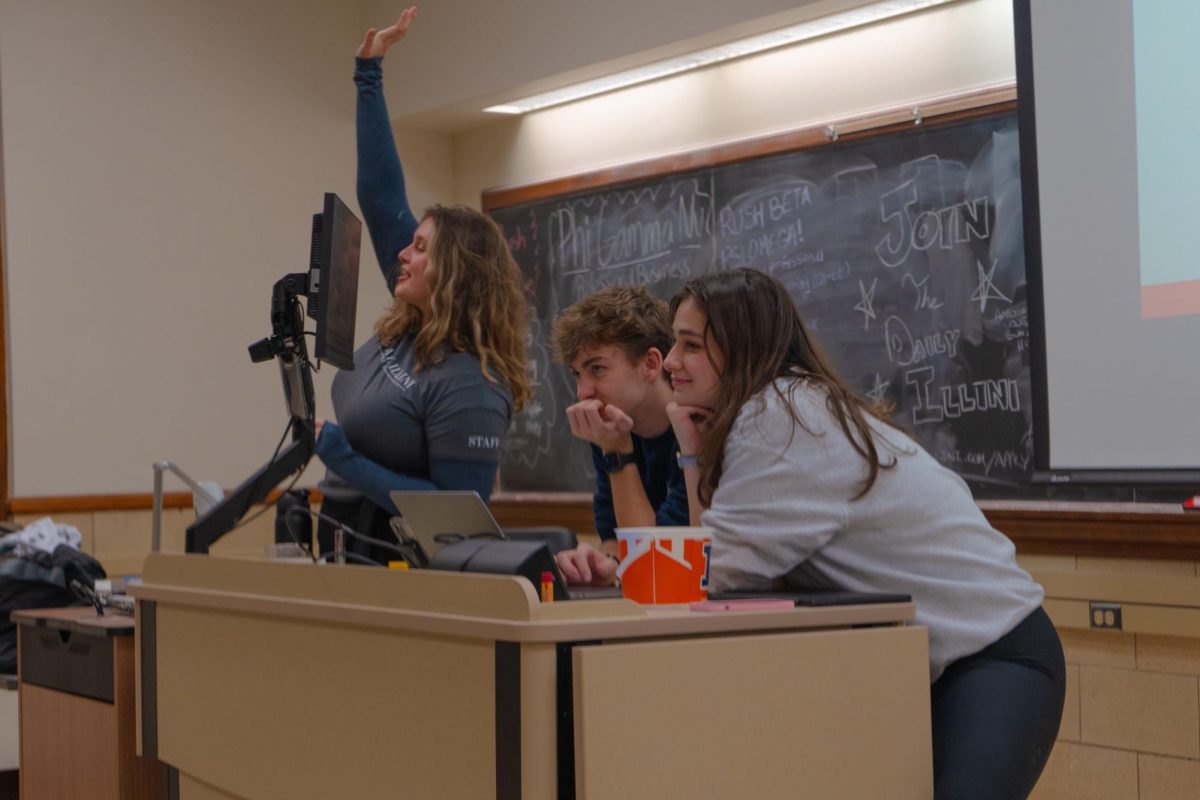What do you think of when you hear “Pretzel Crisps”? Do you think “all the flavor and crunch you love — but lighter, crispier and more versatile than ever before”? That’s what Whole Foods calls your favorite “wholesome snack.”
As someone who lives with professional snackers and has really acquired an enthusiasm for snacking herself, I guess I’m a little biased. But you seriously can’t go wrong with these crisps.
Maybe you know what I’m talking about; maybe you don’t. You should know that the company that owns Pretzel Crisps, Princeton Vanguard LLC, applied to register the trademark of their delicious snack and is facing opposition from the food industry’s big bad wolf, Frito-Lay, Inc.
Frito-Lay, which merged with PepsiCo in 1965, is responsible for making PepsiCo the largest food and beverage company in the United States and the second largest in the world (the first is Nestle). If you’re wondering if any of your favorite midnight snacks are Frito-Lay creations, they probably are. Doritos, Cheetos, Tostitos, Lays Potato Chips, Ruffles Chips, Sun Chips are all Frito-Lay products.
So, why is it that Frito-Lay is trying to stop Princeton Vanguard from trademarking their best-selling product?
Get The Daily Illini in your inbox!
It’s all about the competition.
Frito Lay says the company can’t trademark the name “Pretzel Crisps” because they, along with others, in the snack food industry “have a present and prospective right to use the term ‘pretzel crisps’ generically and/or descriptively in their business” and, secondly, “the applicant’s term is generic.”
There are some prerequisites to meet before a product can be trademarked. First of all, it has to be distinctive. That means you have to be able to name the source of the specific product.
The court has designated four terms to signify the relationship between the trademark and the product, “arbitrary or fanciful,” “suggestive,” “descriptive” or ”generic.”
Products that are arbitrary or fanciful do not have a trademark that has a logical connection to their product. Apple would be an example, because the noun “apple” has nothing to do with computers or technology.
A suggestive trademark is one that describes a characteristic that has something to do with the product, like 7-11 (convenience store that’s open from 7 a.m. to 11 p.m.) or Jaguar (a speedy car).
A descriptive trademark is one that uses a characteristic that openly describes a product, like Holiday Inn for a hotel or vision center for an eye-care office. In order to get complete legal protection, descriptive trademarks have to have a secondary meaning. That means we have to be able to trace the product to a specific producer, as in the case of Holiday Inn.
Finally, a generic trademark is one that describes the general group that a product is a part of. For example, hotel. You can’t trademark hotel because it refers to a whole category of services. It doesn’t refer you to a particular hotel chain, and that makes it ineligible for legal protection.
Basically, Frito-Lay is trying to say that the term “pretzel crisps” isn’t distinctive enough. Maybe when you hear of “pretzel crisps,” you’re not thinking of Princeton Vanguard’s most popular product; maybe you think of a different pretzel product — that’s what Frito Lay is trying to prove.
In the recent New York Times article that called attention to this Pretzel Crisp drama, F. Scott Kieff, a law professor at George Washington University, says “the case could go either way.” Princeton Vanguard, he explained “will have to show that there is some secondary meaning to the term ‘pretzel crisp’ out there in the relevant population that goes beyond simply provoking thoughts of thin pretzels that are crispy and refer to something specific.”
The motion to stop Princeton Vanguard was filed in 2010, and the dispute is still pending with the trademark office’s trial board, according to the Times.
Whether they win or lose, this case was really not about keeping the term “pretzel crisps” around for potential use by Frito-Lay.
Frito-Lay’s own lame attempt at pretzel crisps, “Rold Gold Pretzel Chips” and “Rold Gold Pretzel Waves” were only on the market for three months before they got pulled.
On the other hand, two of their products, “Sara’s Pita Chips” and “Rold Gold Pretzels” actually do compete with Princeton Vanguard’s genius creation. This litigation is about trying to keep pretzel crisps at bay.
Even if they win, this case has the potential to drain Princeton Vanguard’s resources, which could ultimately threaten the company’s status (it has already spent $1 million in legal fees).
Drowning your competitor in a mountain of legal documents isn’t really the most creative way to compete in the snack industry.
For the snack giant that Frito-Lay has established itself as, surely it can come up with a snack that’s equally delicious if not better than pretzel crisps.
Getting rid of the competition can’t be the most delicious way to resolve this issue.
_Nishat is a senior in LAS._









